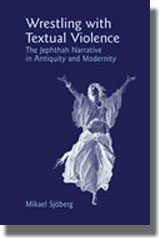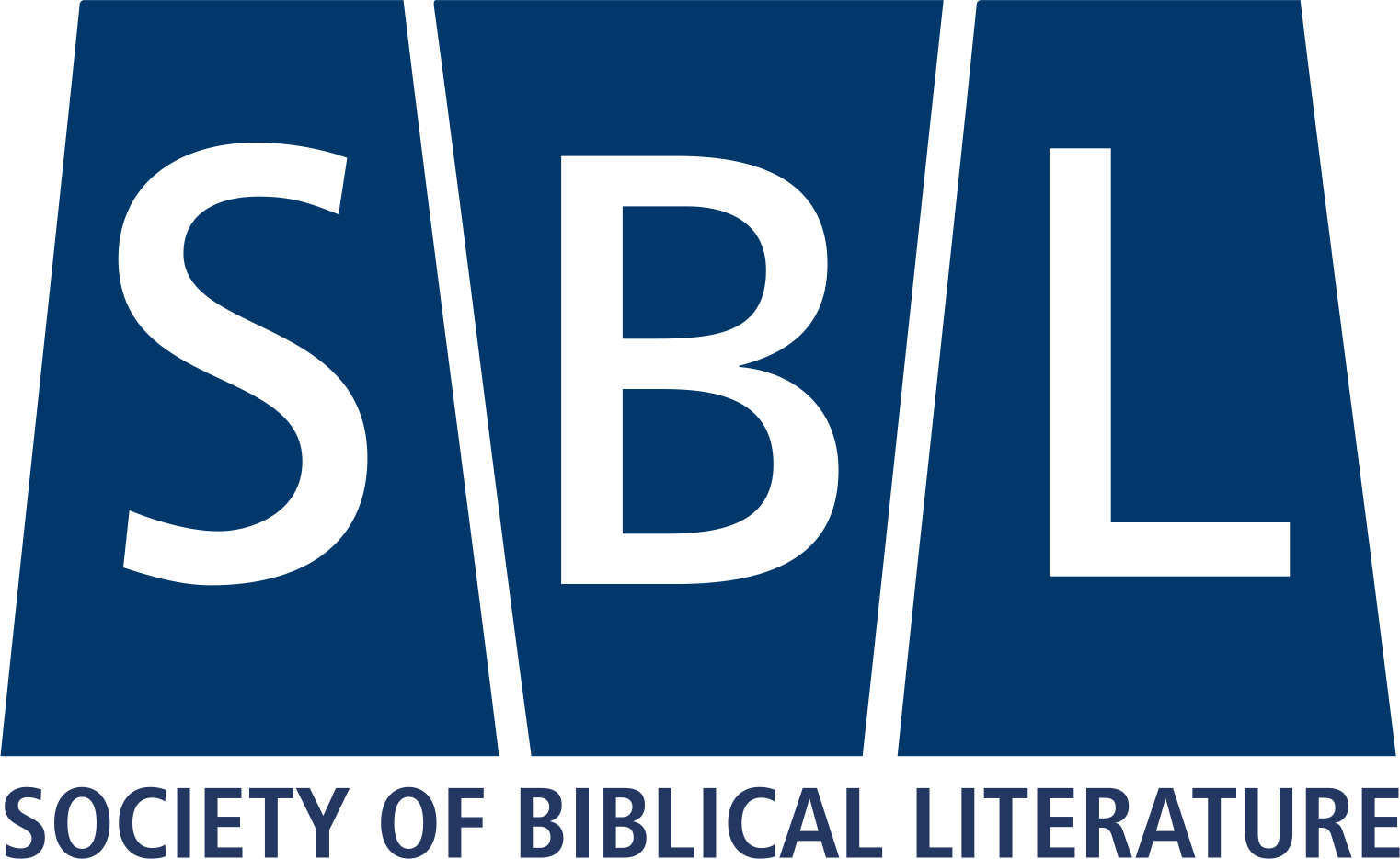
$85.00
A story of a judge who sacrifices his virgin daughter is of course an issue both in ethics and in gender studies. Such is the biblical narrative of Jephthah. Sjöberg undertakes a comparative analysis of six different versions of the Jephthah narrative: the biblical tale in the book of Judges, the Jewish telling in Pseudo-Philo’s Liber antiquitatum biblicarum (first century CE), Josephus’s report in his Jewish Antiquities (also first century CE), Handel’s oratorio Jephtha (1751), the British author E. L. Grant Watson’s novel A Mighty Man of Valour (1939), set in Australia, and the short story by the Israeli novelist Amos Oz, “Upon This Evil Earth” (1981).
Five main interpretative strategies are uncovered in this remarkable analysis: condemnation, identification, glorification, alienation, and censure. Each strategy affects in different ways the reader’s assessment of power relations in the story and the reader’s own willingness to change.
In a final move, Sjöberg embarks on a critical discussion of the programs of Elisabeth Schüssler Fiorenza and Daniel Patte for an ethics of biblical interpretation. Sjöberg advocates an interpretative pluralism, arguing that biblical studies should stand in the service of the general public.
Mikael Sjöberg teaches Religious Studies and Biblical Studies at Uppsala University and at Ersta and Sköndal University College, Sweden.
The SBL is the North American distributor for Sheffield Phoenix Press. Customers outside of North America can purchase this book directly from Sheffield Phoenix by clicking
